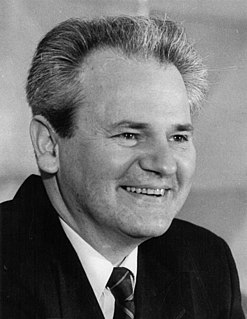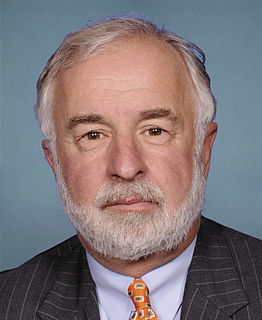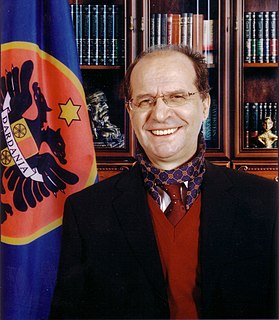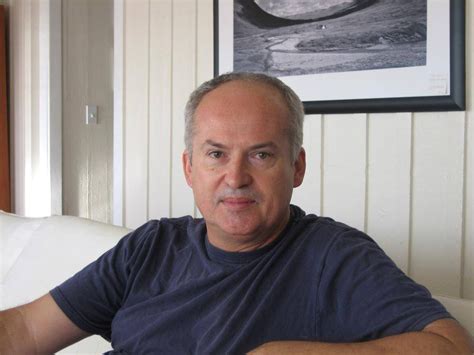A Quote by James Wolfensohn
I think that's one of the reasons for the Sarajevo conference, that Yugoslavia, Serbia, return to the family of nations because enduring peace can only come when you have Serbia within that framework.
Related Quotes
Take a look at the bombing of Serbia in 1999. The US was quite open about the reasons for the bombing. A main reason was to preserve stability and credibility. Serbia was interfering with stability, meaning that it was the one part of the Balkans that was not integrated into the Western-dominated (mostly US-dominated) system.
The Soviet Union came apart along ethnic lines. The most important factor in this breakup was the disinclination of Slavic Ukraine to continue under a regime dominated by Slavic Russia. Yugoslavia came apart also, beginning with a brutal clash between Serbia and Croatia, here again 'nations' with only the smallest differences in genealogy; with, indeed, practically a common language. Ethnic conflict does not require great differences; small will do.
The Reformed Church was identified with the old all-white government of South Africa and its apartheid policy. The Roman Catholic Church was closely identified with the Franco and Salazar dictatorships in Spain and Portugal. . . . More recently, . . . the Serbian Orthodox Church has come to be identified with the policies of Serbia (Yugoslavia).
In Sarajevo and in Syria, these are societies - in Bosnia, in Serbia, in Kosovo, in Syria - where ethnicities live side by side and intermarry for long periods of time until it becomes valuable to exploit the division. And yes, the division's there because you can always revert back to history, you can always inflame it, but it is manipulated for political ends.
In Globetrotter, David Albahari explores the consciousness of emigres from the former Yugoslavia, Croatia and Serbia, showing that while abroad, many of us are even more intensely preoccupied with our histories than we were while living in Yugoslavia. His narrative structured out of realistic details and perceptions with self-conscious meditation blending history, civilization and its discontents, and personal experience reaches a density and intensity akin to Krasznahorkai's and Thomas Bernhard's. An intensely idiosyncratic narrative, enjoyable and thoughtful.































